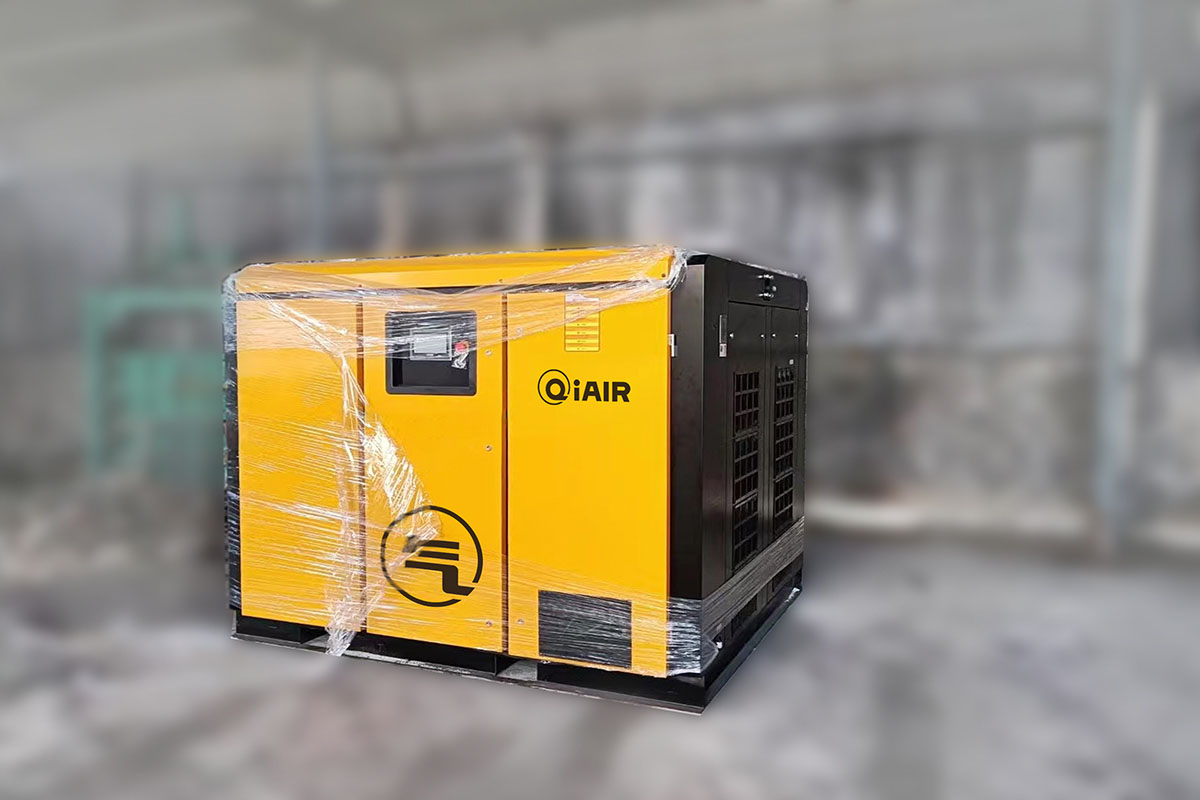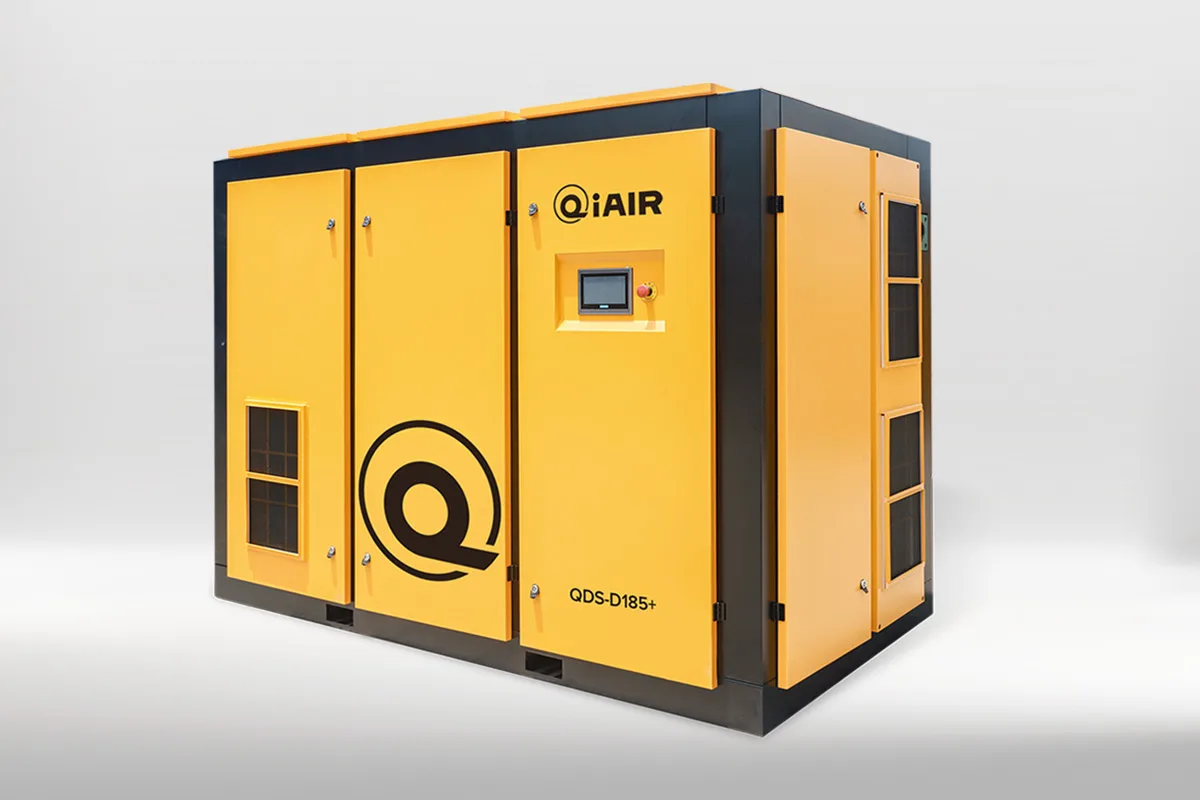Rotary Screw air compressors are complex mechanical components and are generally not considered cheap. However, if you compare the initial purchase price with the cost of energy required over the entire life cycle of the air compressor, the initial purchase price is the lowest. That's why air compressor energy efficiency is key! Here are some money-saving tips that can help reduce the cost of running an air compressor.
1. Change the air filter regularly
The intake filter is the first line of defense to protect the compressor and its lubricant. Dirty, clogged filter elements can lead to efficiency losses and shorten lubricant life.
2、Change the oil filter every 1000 hours
Plain and simple: if you don't change your oil filter element, you will damage your compressor. This inexpensive part removes dirt and abrasives from the lubricant. Changing it regularly will extend the life of the lubricant, protect your oil/gas separator and reduce wear on your compressor.
3. Replace the air/oil separator at least once a year
If you have an oil-injected screw air compressor, the air/oil separator will eventually remove oil from the air stream. Contaminants and particle buildup in the filter element can lead to increased pressure drop across the separator.
4. Keep the aftercooler and oil cooler clean
Check for dirt or particle buildup on the cooler. As the external heat sink surface becomes clogged, dirty and damaged, the cooler will lose its ability to dissipate heat. Increased operating temperatures will damage the air compressor and reduce the life of the lubricant.
5、Oil analysis
Lubricating oil can protect the compressor well and maintain stable operation. Perform professional analysis regularly. It helps to know if there are any problems. As synthetic lubricants break down, they can become corrosive and produce varnish, so this will save a great deal of money in the long run.
Air compressor maintenance is not too complicated, but it can easily be overlooked. The Air Master Air Compressor service team is happy to help you develop a routine maintenance plan that fits your needs and budget. Proactive and regular maintenance is much more cost effective than reactive repairs.





